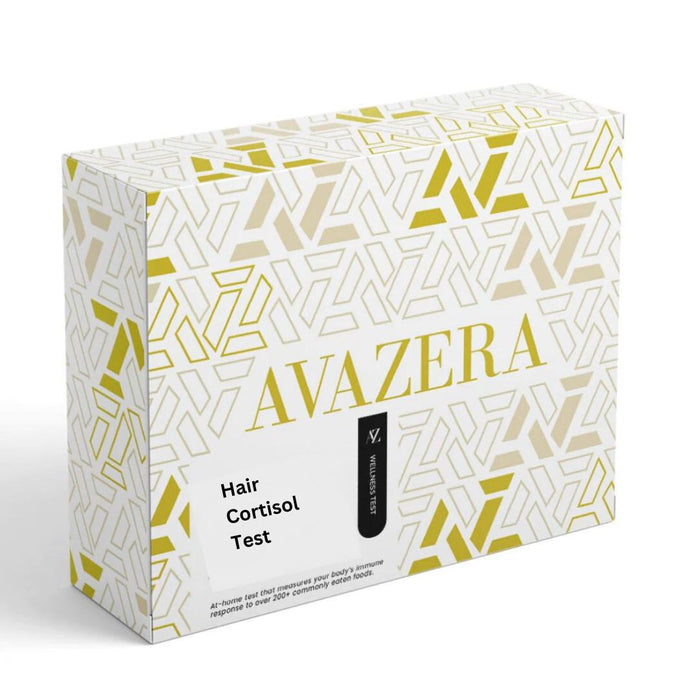
Let's Chat!

Sample Requirement: A maximum collection of 1.5 inches of new hair growth.
1. Order your Hair Cortisol test online.
2. Check your email for detailed instructions on how to properly collect and send your hair sample for analysis.
3. Receive a personalized report with clear insights into your hair cortisol levels.
Results you can understand sent to your device!

Easy to Understand
Gain meaningful insights about your health with easy-to-understand test results.
Personalized
View a personalized report, complete with clear, detailed insights into what your results mean for you and your wellness journey!
Actionable
Take charge of your health. Use your report as a roadmap to guide your next steps with confidence.
FREQUENTLY ASKED QUESTIONS